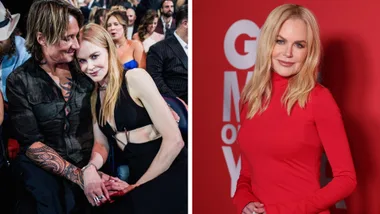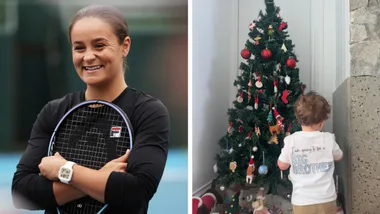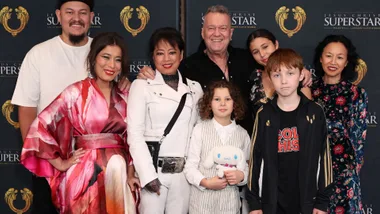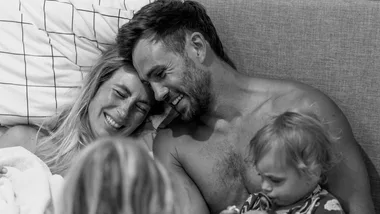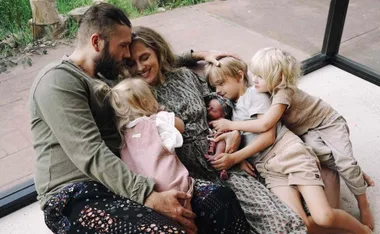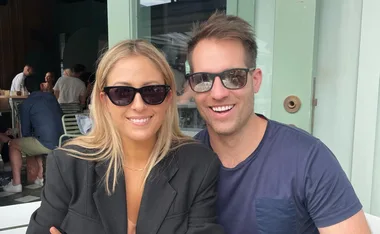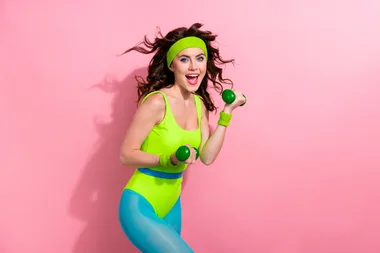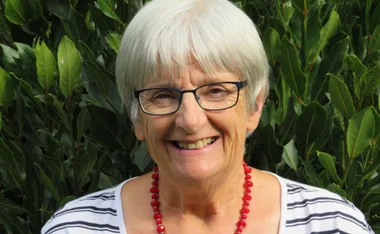It’s FINALLY here! Spring has sprung and summer is well and truley on it’s way, so it’s time to add some pops of colour, prints and starppy sandals to your wardrobe.
Laura Yeomans from ShopStyle.com.au talks us through the essential pieces to add to your wardrobwe this summer and tells you how to wear them.
All the pieces in this gallery are availabel from ShopStyle.com.au.

Summer essentials
It’s FINALLY here! Spring has sprung and summer is well and truly on its way, so it’s time to add some pops of colour, prints and strappy sandals to your wardrobe.
Laura Yeomans from ShopStyle.com.au talks us through the essential pieces to add to your wardrobe this summer and suggests the best ways to wear them.
All the pieces in this gallery are available from ShopStyle.com.au.

Pretty florals
Prints are big this season! Floral designs are particularly popular as we head into the warmer months, so pick yourself up a pretty floral number and feel feminine.
TRY: Stitches Pond Slide Drape Dress, RRP: $169.

Mix it up
Show your wild side with these snake skin heels. The neutral tones throughout make them easier to match than you think.
TRY: Country Road Natasha Snake Heel. RRP: $99.

One-piece wonder
The one piece is in! Don’t be worried about showing off your curves in this conservative number. The pretty white frill attracts all the right attention!
TRY: Birdsnest Baku Frill Maillot. RRP: $154.95.

Coloured and printed pants
Capri pants are classic and comfortable, so liven them up with a bit of colour or a pattern.
TRY: Sportscraft Eva Capri Pants. RRP: $149.95.

Neon
Don’t be scared to add a little bit of neon to your outfit this summer. Try a cool lemon yellow – it adds a fresh feel and looks good with basic wardrobe staples.
TRY: Urge Florida Yellow Fluro. RRP: $99.95.

Glam it up
The summer season brings with it the party season, so having the perfect party dress is a must. This one combines two current trends lace and peplum.
TRY: Dorothy Perkins Black lace peplum dress. RRP: $58.64.

Add a bit of sparkle
Embellished design is huge this season. We love the embellished droplets on this tank top.
TRY: Gorman Droplet beaded tank. RRP: $249.
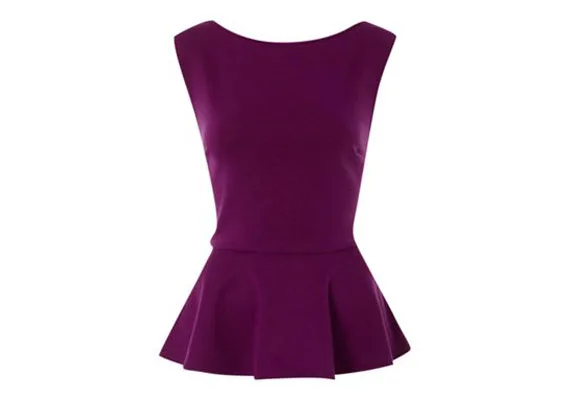
Peplum
The peplum trend is certainly one to watch this season and there are lots of bright coloured options to choose from. Keep in mind that different tops have the peplum frill in different places, so don’t give up if you can’t find one that suits you.
Keep looking for the perfect peplum length for your body type. And if tops don’t cut it, try a peplum dress; the frill often sits lower on the hip.
TRY: House of Fraser Therapy Peplum top. RRP: $43.17.

Spice up your work wear
Add a neon tote to your business outfit this summer. Not only will you look classy but be right on trend.
TRY: Steven by Steve Madden ‘France’ Calfskin Leather Tote. RRP: $188.41, now $123.61.

Block colours
With all of the patterns and prints going on, it’s a good idea to add a colour block to break it up a bit. You can still keep it bright and apricot or white are good options.
TRY: Finders Keepers ring me up apricot blazer. RRP: $154.

Trend with a twist
Find a summer dress that offers the best of both worlds! The best would be to find one that is right on the pattern trend and can be worn day or night with the right accessories.
TRY: Living Doll Peacock Dress. RRP: $89.95.

Summer shorts
Laura says shorts are going to be BIG this season and the good news is there is a style out there to suit everyone from tight and fitted to free-flowing.
TRY: TopShop Smudge shorts. RRP: $46.30.

Simple, yet essentail
Nude sandals are a summer wardrobe staple. They go with practically everything so invest in a comfortable pair.
TRY: Styletread Pretty Woman Nude. RRP: $139.95.

Work wear
Add a bit of sparkle to your work wardrobe with this gold pencil skirt. This skirt is quite bright, so team it up with a simple top and shoes.
TRY: Reiss Gold pleat pencil skirt. RRP: $199.83.

Hit the beach
Make sure you have your beach essentials in check, including a stylish hat, sunscreen and a colourful beach bag to carry it all in.
TRY: J. Crew Panama hat. RRP $78.40.
The Iconic Condura Beach Bag. RRP $16.95.

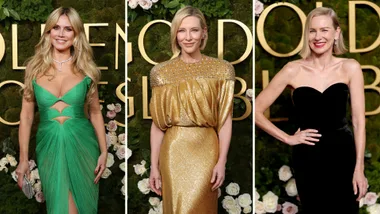
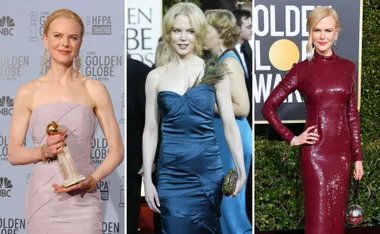

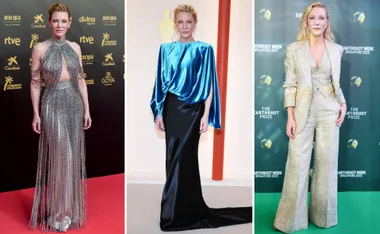

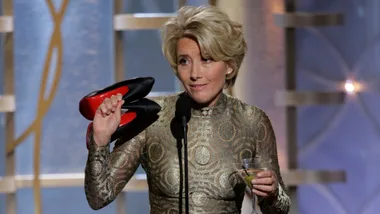
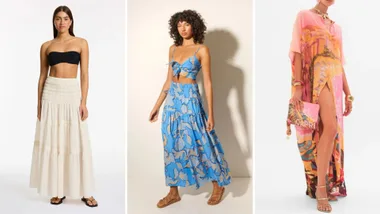
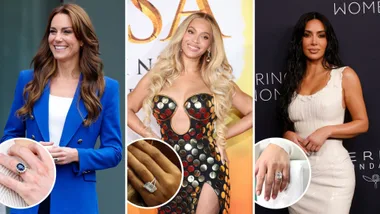





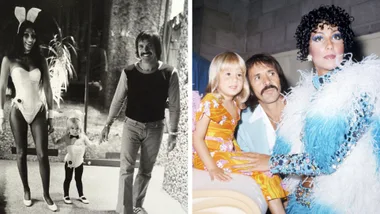

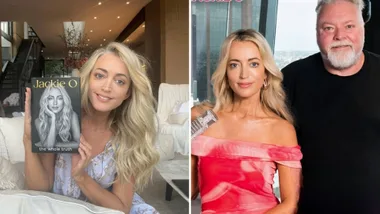

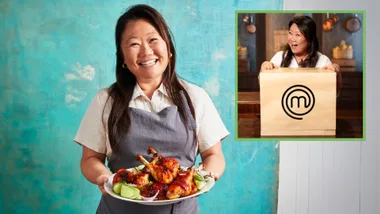
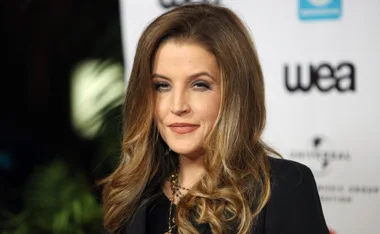
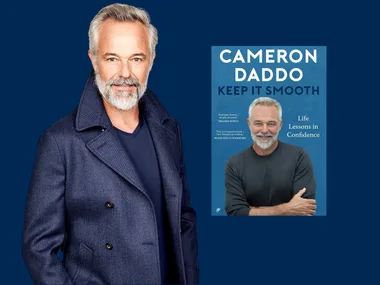



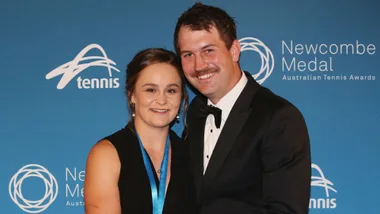
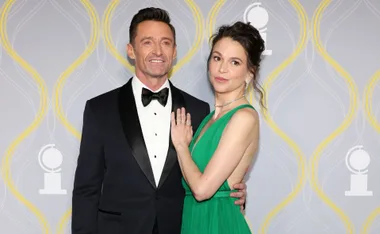
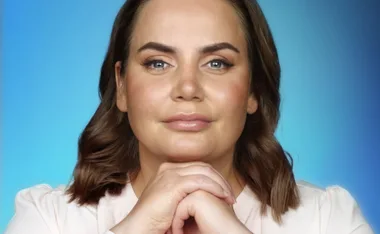
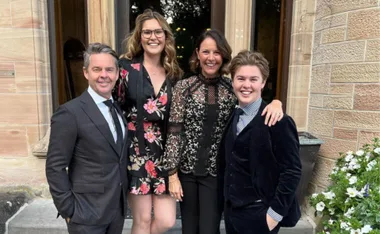



.jpg?resize=380%2C285)
